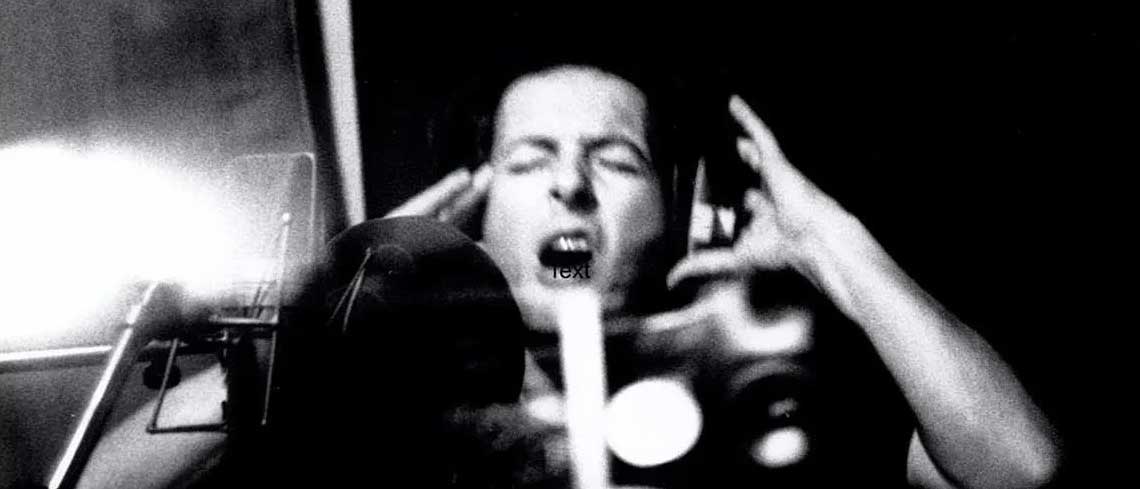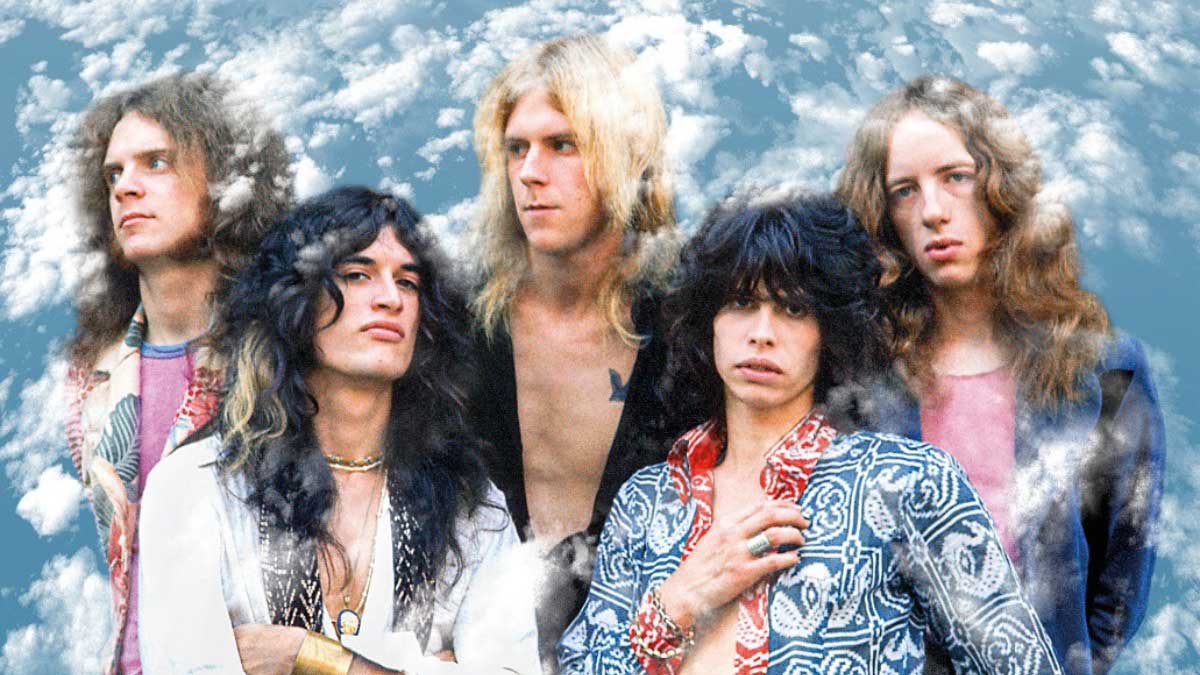You can trust Louder
Back in the 90s, Johnny Cash took his music into the last stages of old age. The lesson was that you might keep your ferocity, grace and art until the very end.
Joe Strummer was paying attention. He had also decided to be a man in black, a folk archetype. And so he wrote Johnny a wonderful song called The Road To Rock ’N’ Roll. Cash was confused by the proposal, but the Strummer version is excellent.
He was still writing well. His songs with the Mescaleros are braided with stoner jokes, moral rage and the dream of a transglobal resistance. Punk rock could ally with Algerian rai, dub reggae and campfire rave. All the good stuff would fit.
Clash fans were sometimes disappointed when Strummer released his first two albums with the Mescaleros. The music lacked the sense of angry theatre, and his new bandmates were less bothered about decent haircuts. But still there was subversion, romance and fun.
This new collection is timed to mark Strummer’s 70th birthday. It assembles the albums with the posthumous Streetcore (2003), plus demos and stray recordings. Strummer’s old notebooks provide instruction and comedic asides, richly packaged in this set.
Their first album, Rock Art And The X-Ray Style (1999) broke a 10-year gap in Strummer output. It included an experiment with Richard Norris of The Grid, called Yalla Yalla. This was mystical and profound. Not every track matched it, but the bar was high.
The second release, Global A Go-Go (2001) began with Johnny Appleseed, finalising the move from White Riot to green politics. Strummer signed off the record with the traditional Minstrel Boy, almost 18 minutes of spliffed-out rhapsody, accompanied on fiddle by old pal Tymon Dogg.
Sign up below to get the latest from Classic Rock, plus exclusive special offers, direct to your inbox!
Some parts of Streetcore relied on guide vocals, Strummer’s work completed after his passing in 2002. But still there was the visionary Coma Girl, putting fresh faith into outsider culture. Also, producer Rick Rubin spliced up Strummer and Johnny Cash in Redemption Song.
From the fourth set of bonus tracks, Fantastic is a swelling resolution to see in a new century. Strummer commits to a ‘ramshackle parade’, but sadly he would see little of it. Nevertheless, the music seems to resonate more than ever. Lost prophet Strummer must have known it would happen this way.
Stuart Bailie is a journalist and broadcaster based in Belfast. He is the editor of the quarterly Dig With It magazine, and his work has appeared in NME, Mojo, Uncut, Q, The Times, The Sunday Times, The Mirror, The Irish Times, Classic Rock and Hot Press. He was Assistant Editor of NME from 1992 to 1996 and is the author of Philip Lynott: The Ballad of the Thin Man, Trouble Songs: Music and Conflict In Northern Ireland, and 75 Van Songs: Into the Van Morrison Songbook.


